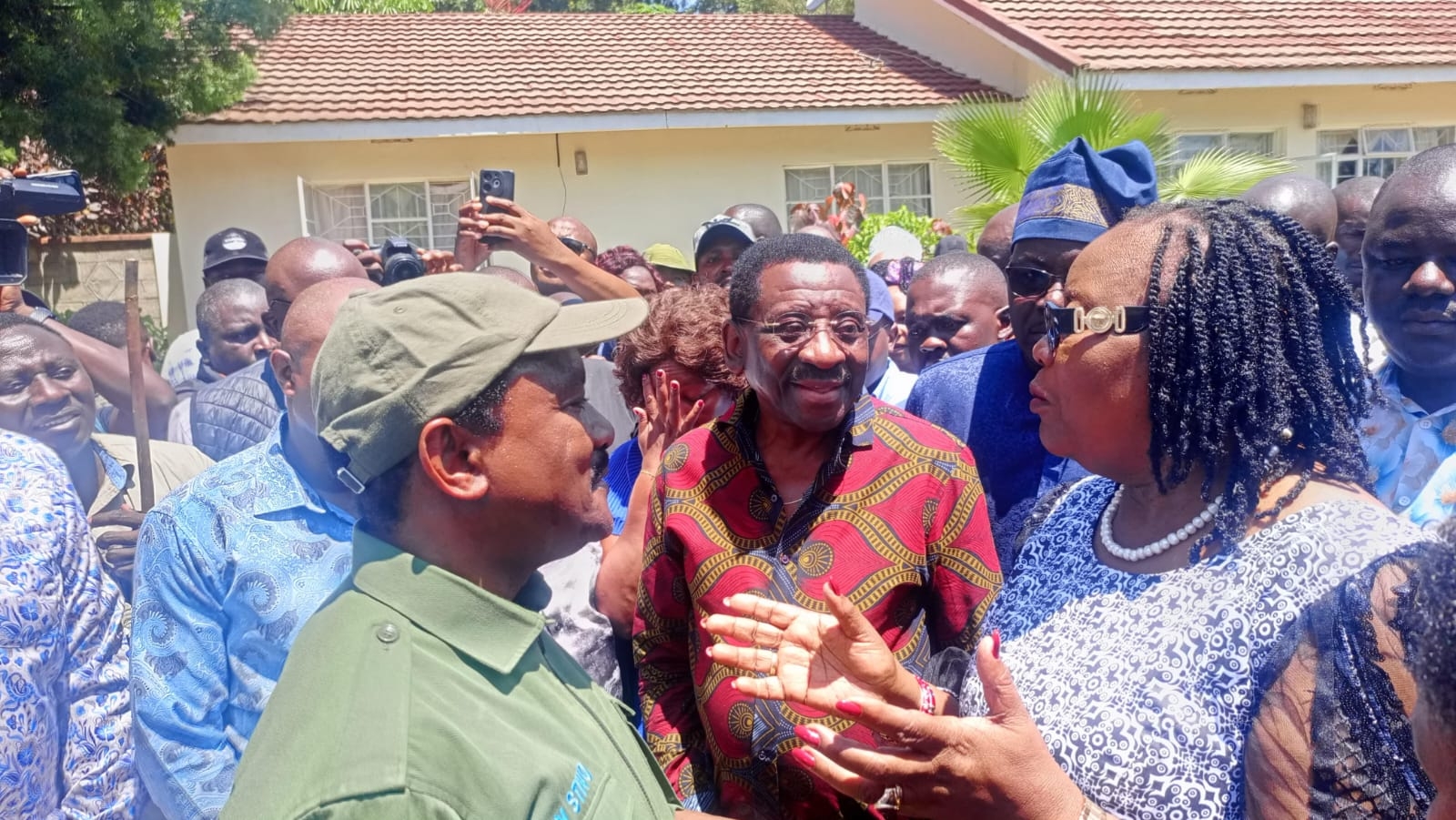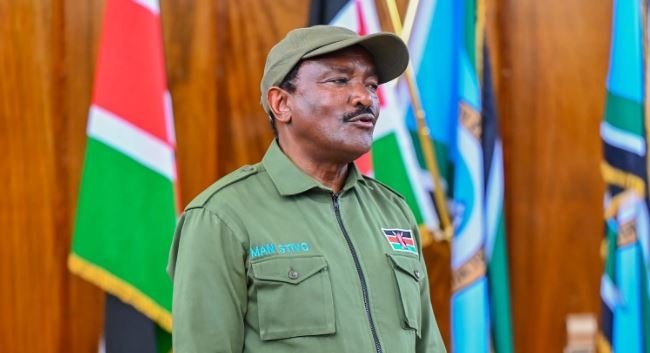

Title: Continental lobbies say AU organs a weak link in defending democracy, human rights
A coalition of 26 continental human rights organisations and 31 activists have accused organs of the African Union of weakening the continent’s democratic accountability and enabling the abuse of human rights and electoral justice.
The groups—including Kenya’s Legal and Ethical Issues Network on HIV and AIDS and the International Commission of Jurists— singled out the African Commission on Human and Peoples’ Rights based in Banjul, Gambia, accusing it of failing to uphold its founding mandate.
In a joint statement, the human rights defenders said they are deeply concerned and disappointed by “the recent letter of congratulations purportedly issued in the name of the African Commission on Human and Peoples’ Rights on October 27, 2025 to President Paul Biya of Cameroon following the disputed elections conducted on October 12, 2025.”
Biya, 92, was re-elected to a seventh term after more than four decades in power, in a process marred by widespread human rights abuses, including the killing of protesters contesting the outcome, they said.
They argued that the letter “compromises the impartiality and independence of the commission”, which is mandated to investigate and consider allegations of human rights violations, particularly those arising from electoral processes.
“This act represents an incompatibility with the mandate of the commission and a dangerous signal at a time when democracy, accountability and respect for human rights are under severe threat across the continent and especially in Cameroon, where the authorities have already acknowledged the loss of lives during the post-electoral protests,” the statement added.
The lobby groups accused the commission of undermining its own credibility and betraying the spirit of the African Charter on Human and Peoples’ Rights.
“By congratulating President Biya—amid credible reports of election-related violence leading to verified fatalities—the commission has, wittingly or unwittingly, undermined its credibility and betrayed both the letter and the spirit of the African Charter,” they said.
They warned that the move risks eroding public trust in the continental rights system, which they described as already facing “increasing scepticism” due to impunity and selective engagement by AU organs.
The groups linked the incident to a broader pattern of democratic backsliding across the continent.
“Across Africa, the democratic landscape is deteriorating at an alarming pace. The return of unconstitutional changes of government, the weakening of independent institutions and the manipulation of electoral processes have created a climate of impunity and repression.”
The coalition also criticised the commission’s silence on Tanzania, where security forces were accused of atrocities against civilians amid a disputed re-election of President Samia Suluhu.
Issuing such letters was not standard practice, they said, pointing out that, despite later statements acknowledging post-election violence in Cameroon and Tanzania, the commission’s response was “insufficient.”
“Merely issuing a statement is insufficient. What is required is concrete action to uphold the sanctity of human life and dignity, particularly in the context of elections and to restore confidence in the institution’s impartiality and integrity.”
They urged the commission to cease congratulating politicians in contested elections, disclose its previous practices and publicly commit to discontinuing the habit, saying it “falls outside its remit.”
The coalition further called for independent investigations into human rights violations and killings during elections in Cameroon, Tanzania and other states, alongside stronger responsiveness by the Commission’s special rapporteurs and country experts.
“The African people deserve institutions that act consistently, courageously, and transparently — particularly in defense of those whose rights are most under threat,” the statement concluded.
“Trust, once broken, can only be rebuilt through truth, accountability and visible action. The credibility of the commission depends on its ability to prioritise the rights and dignity of African citizens over political convenience and deference to power.”


















